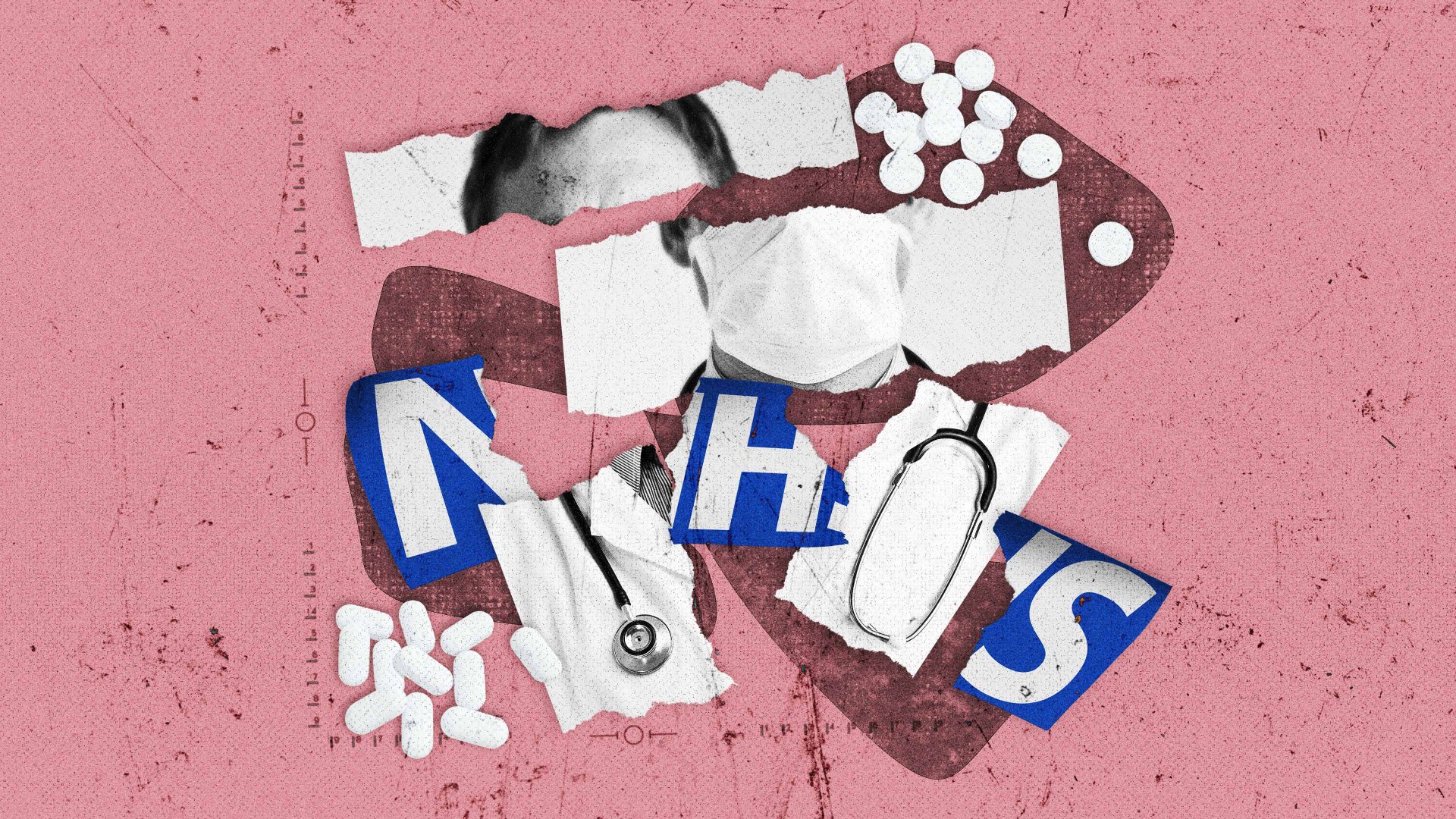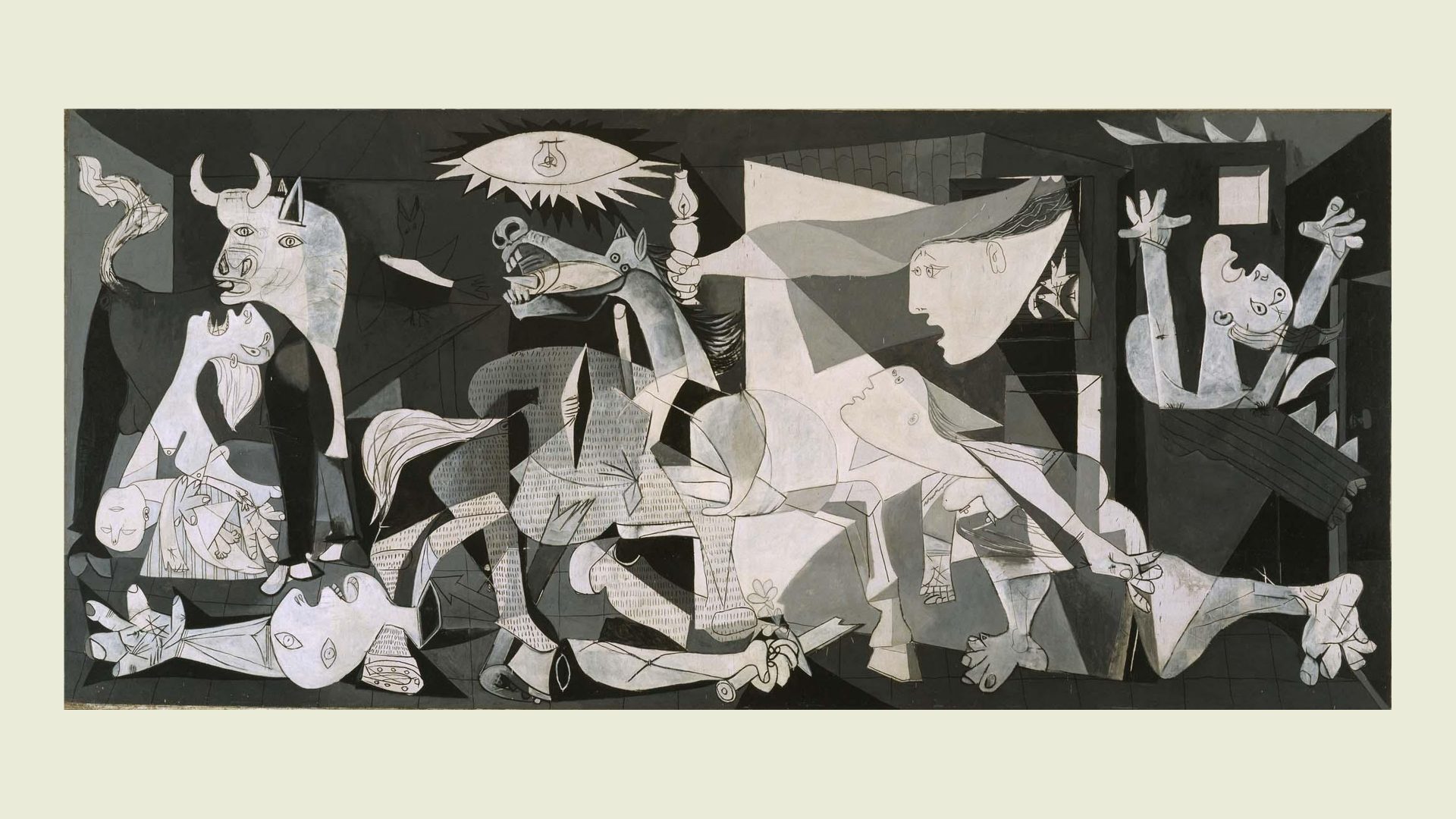When you are well it is easy to see a visit to the GP as transactional. We are the gatekeepers who can refer you to a specialist. You come when you have an acute illness or need something – your child needs a vaccination; your wife needs a fit note. You never see my real job.
Tom used to be a surveyor. He travelled all over the world and met Sofia out in Dubai. They never had children. Now he is dying. Today when I visit, he’s lying in a reclining chair in front of a large TV playing a cartoon. The ribs of his skeletal chest are visible through his pyjama top. He stares incomprehensibly at me as I say hello. But his hair is beautifully washed and combed and his grip is strong.
He clings to my hand as Sofia tenderly wipes his mouth. Although the Tom she loved disappeared years ago with his stroke, he is her whole world. Her other hand wipes her eyes. “He’s nearly ready to go,” she whispers sadly. “Thank you for being here.”
Like Tom, Beryl is in her eighties. She’s a wizened, stooped old lady with twinkling eyes and a strong northern accent. She had laughed in delight at my surprise when she told me she’d been a professional cellist. She’s looking forward to an operation that will fix her numb hands and then has promised me a rendition. We’ve only been waiting 6 months so far.
When she called one day I knew it was important. She “doesn’t like to bother us.” She was slightly breathless and just didn’t feel right. She begged me not to call 999. She’d been to A&E so many times and hated it there. Reluctantly I arranged for Chis, the paramedic, to visit instead. It was 10am on a Monday and I was the duty doctor. There were already 50 patients on the triage list, a box of prescriptions to sign, and several queries from staff waiting for me – I didn’t have time to argue.
When I spoke to Chris he was reassuring, “Seems fine. Numbers ok, chest clear. Just anxiety?” he reported. But something niggled. It just wasn’t like Beryl. Annoyed with myself for adding work I asked Beryl’s daughter to bring her in.
I don’t know why I sent her to hospital when I saw her. Chris was right. Her numbers were fine. Her chest was clear. But she just didn’t look like Beryl. In A&E they scanned her chest and found a large blood clot. She had had a close shave.
She came in a few weeks later. “I’m so sorry doctor,” she said without sitting down. “I know you’re busy, I won’t keep you. I just wanted to say thank you.” She paused, “and thank you for being my doctor.”
To those in the land of the well, or striving to measure our success, I wish you could experience the feeling of walking past Tom’s house when Sofia lives there alone, remembering his final journey. I wish you could feel the hairs on my neck tingle listening to Beryl’s music, knowing how close I came to missing her blood clot and how she thanked me anyway for being her doctor. I wish you could share my joy at seeing new parents with their babies born after I’ve referred them to a fertility clinic or the sadness I share with families when they receive a diagnosis of cancer or dementia.
Of course there are transactions. Of course access is vital. Of course we should incorporate technology and digital innovations. However, there is also an incommunicable and immeasurable holistic value to general practice. We are clinging desperately to it for all the Beryls and Toms and other patients who value relationship-based care.
But it is slowly being swept away, along with our workforce and morale, by the tide of inexorable targets and unrealistic, often pointless policies. We may not see it now, but we will all know and mourn it when it is gone.



